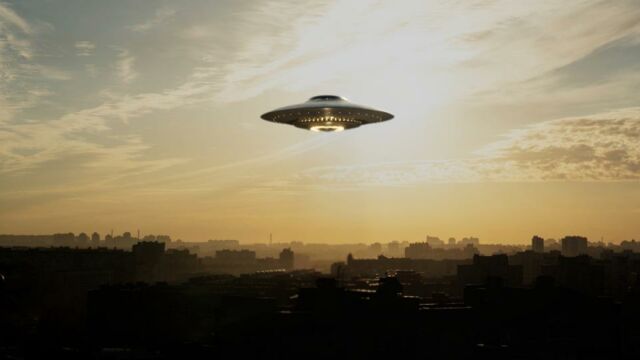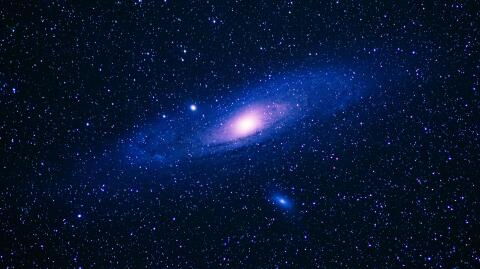Will we ever have proof that there is life outside our planet? In response to this question, space scientist at the Open University in the UK, Professor John Zarnecki declared:
Discover our latest podcast
Finding life or making contact will always be highly unlikely until the day we do.
Extraterrestrial life: where to start?
In other words, aliens don't exist, until we have proof to the contrary. So where to start? Where to look? The universe is so vast that we'd soon get lost in the immensity of the cosmos before we had any leads.
It would seem, however, that we already have some clues. Indeed, before setting off in search of extraterrestrial life, we need to know where it might flourish. To this end, researchers are currently exploring the 'habitable zones' located around stars.
The living area
But what does this concept mean in astronomy? NASA researchers analyzing the TOI-700 exoplanet explained that the habitable zone is a region of space where 'surface liquid water could be present at some point in a planet's history'. So that's the place to start.
Better still, the aim is to find what is known as the 'conservative habitable zone'. This corresponds to the zone where 'liquid water could exist for most of the life of the planet', as on Earth. And if there is water, there is potentially life.
Finding water to find life
To find extraterrestrial life (in the broadest sense of the term), researchers focus mainly on Earth-like exoplanets. The problem is that these have been found orbiting red dwarf stars, where the habitable zone around the star is much narrower.
What's more, they are more exposed to X-rays and ultraviolet rays, at levels up to over 100,000 times what we're exposed to on Earth. Not easy to find water and potentially life in these conditions.
The calculation zone
To avoid this main pitfall, astronomers are trying to determine a zone in which habitability can be calculated. To do this, these calculation zones must meet three main criteria.
Firstly, the area in question must have a rich chemistry indicating computational capability, that there is a form of raw energy: mainly starlight, and a region conducive to computation that is not disrupted by other factors.
This article has been translated from Gentside FR.
Read more:
⋙ UFOs: The terrifying revelations of the first British astronaut
⋙ New planet that could ‘support life’ has been discovered, here’s what we know















